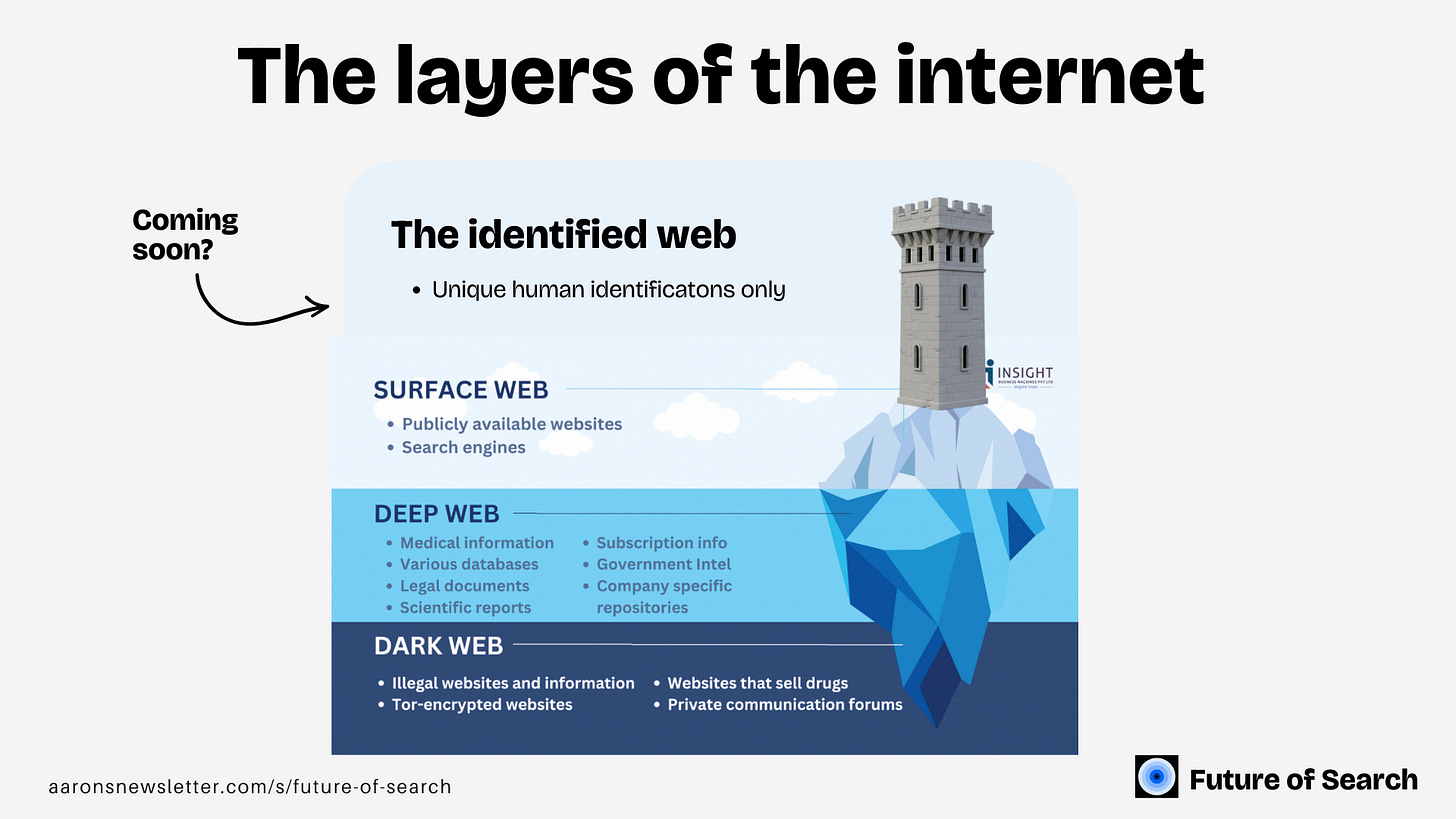Why gravatar may be one step ahead of everyone
AI content is on the rise. Bots are on the rise. And somewhere in the noise, a fundamental question is emerging that will shape the next era of the internet: who is even real anymore?
We are entering a period where synthetic text, images, and even video are becoming indistinguishable from human-created content. Search engines index everything, and increasingly, that “everything” includes pages written by machines for machines, engagement farms operated by automated accounts, and content designed to manipulate rather than inform. The signal-to-noise ratio is collapsing, and the very premise of search - finding useful, trustworthy information - is under threat.
In this context, I have been thinking that Gravatar may be one step ahead of everyone.
The Gravatar precedent
For those unfamiliar, Gravatar is essentially a human identity tracker. It allowed WordPress users to have an identity that followed their email address. Your profile image, your bio, your digital presence would follow you from site to site across the WordPress ecosystem. Comment on a blog, and your avatar appears. Write a guest post, and your identity travels with you.
Gravatar was an awesome first attempt at conceptualizing virtual identity—a persistent, portable representation of a person that transcended any single platform. It recognized something important: that the internet needed a way to attach reputation and continuity to individuals, not just accounts.
The problem, of course, is that anyone can create an email address and create a Gravatar. The identity layer exists, but it is not verified. It is a shell without proof of the human inside.
The big question of verified identity
This raises an uncomfortable question: is there a next level of internet identity we could build? Something that connects your online profiles to a verified government ID?
The technology exists. We verify identity for banking, for travel, for countless other purposes. We could, in theory, create a system where your digital presence is cryptographically linked to proof that you are a real, unique human being.
But here we run into a pretty big tension in my opinion.
The problem with verified government ID is that it rewrites what the internet was originally about.
The early internet was built on principles of anonymity, freedom of information, and the ability to say what you needed to say without fear of government retaliation. Dissidents could organize. Whistleblowers could speak. People in oppressive regimes could access information their governments wanted to suppress.
That said, there has always been censorship on the darker parts of the internet. Child exploitation is removed. Terrorist recruitment is targeted. The internet was never truly a lawless frontier… it simply had different rules for different spaces.
A potential new layer to the internet?
Consider how the internet already exists in layers. There is everything not indexed by search engines. The VAST majority of web pages, behind logins or simply never crawled. There is the dark web, accessible only through specialized tools, home to both legitimate privacy seekers and criminal enterprises. There is the censored web, where platforms and governments remove content deemed harmful or illegal.
And now, potentially, a new layer is evolving.
Imagine a search engine that only indexes pages with a unique human identifier attached to them.
Not a replacement for the existing internet, but a parallel layer—a space where every piece of content can be traced back to a verified person. A place where you know, with reasonable certainty, that you are reading the words of an actual human being.
This would not require everyone to abandon anonymity. The traditional internet would remain. But for those who want to participate in a higher-trust environment—and for those searching for information they can verify came from real people—this new layer would exist as an option.
The Foundations
Building such a system would require several components working together.
First, a verification mechanism that can confirm humanity without necessarily revealing full identity. Perhaps, it could be something closer to “proof of personhood” than full government ID linking.
Second, a search infrastructure that indexes only content bearing these verified identifiers. Third, and critically, robust spam detection systems to identify and exclude fraudulent actors and manipulators who would inevitably try to abuse the system.
No system is perfect. Verification can be faked, identities can be stolen, and determined bad actors will always find exploits. But the goal is not perfection… it is raising the cost of deception high enough that the signal-to-noise ratio becomes manageable again.
With these pieces in place, you would have the foundations of a new level of the internet. Not a replacement for what exists, but an addition to it. A space where the answer to “who is even real?” is finally knowable.
Gravatar saw this future twenty years ago, even if the technology was not ready to fully realize it. The insight - that portable, persistent identity matters - was correct. The question now is whether we can build the next iteration: identity that is not just portable, but provable.
The bots are rising. The AI content is flooding in. And somewhere in that flood, we are going to need a way to find each other again.
-Aaron
More from me:
Become a master pitcher & inventor – the fun way
Products: The Card Game: Get my game where ‘Shark Tank’ meets Apples to Apples.
Wanting to stay ahead in search? Get my FREE AI Visibility chrome extension
Aaron’s AI Visibility Extension: I wanted a simple way, right inside the browser, to see: “If an AI model or search engine reads this page, what does it actually see?”
Share the newsletter and get rewards
Refer friends for rewards: Get cool rewards (like my card game) for referring people to my newsletter. Check out where you stand on the leaderboard.





Yes, in a zero-trust world, verified content will be valued and one can imagine a browser, search engine or even LLM, where you could set a setting to only return verified human results.
I hate to say it, but a blockchain would be a good way to implement this system. I can simply sign my posts and then those signatures can be verified via a look up of my private key. Similar systems have been used in the past (in fact you can sign your MU emails with a private key), however, they are mainly internal, not widely adopted, or not "on by default."